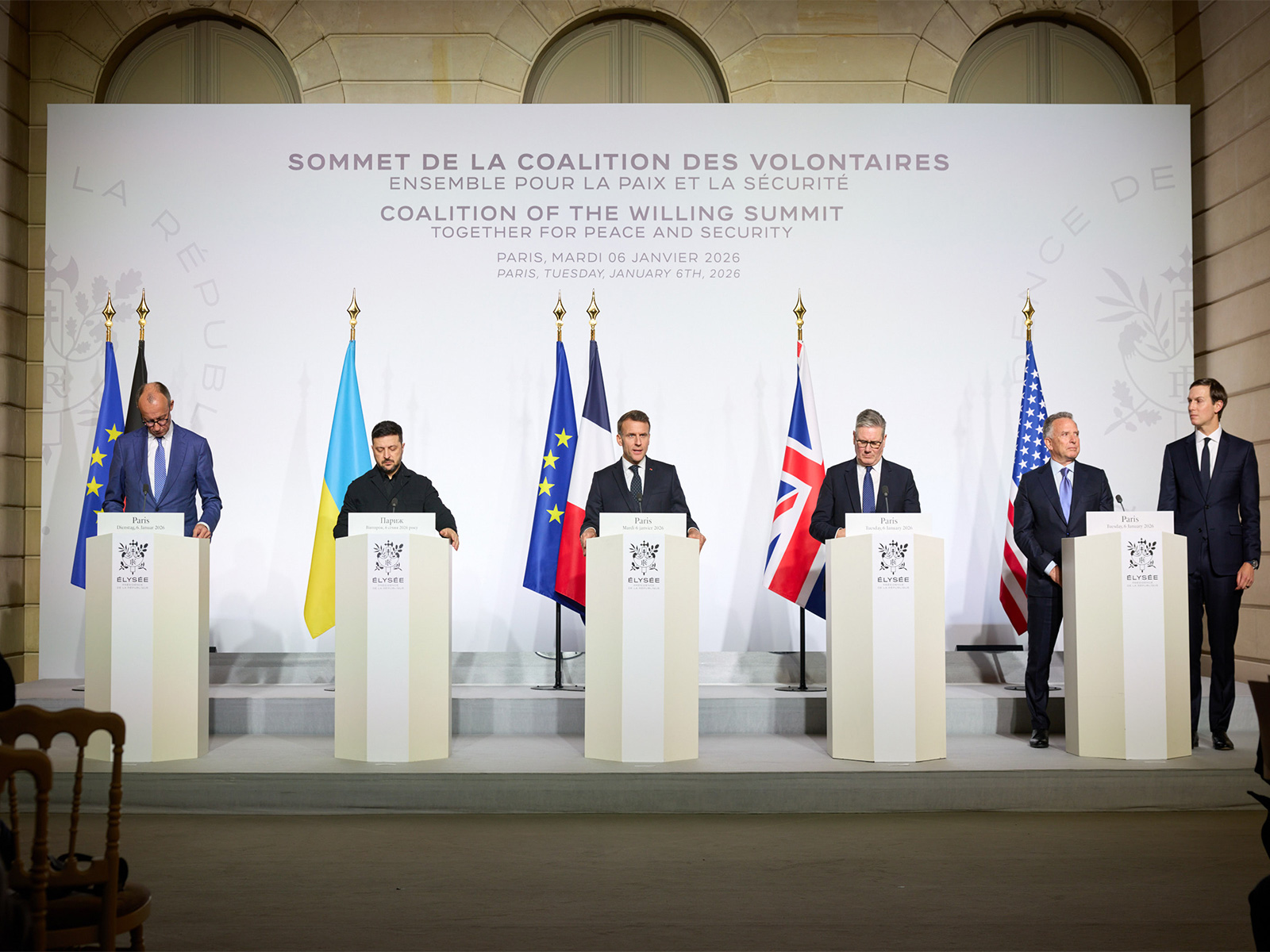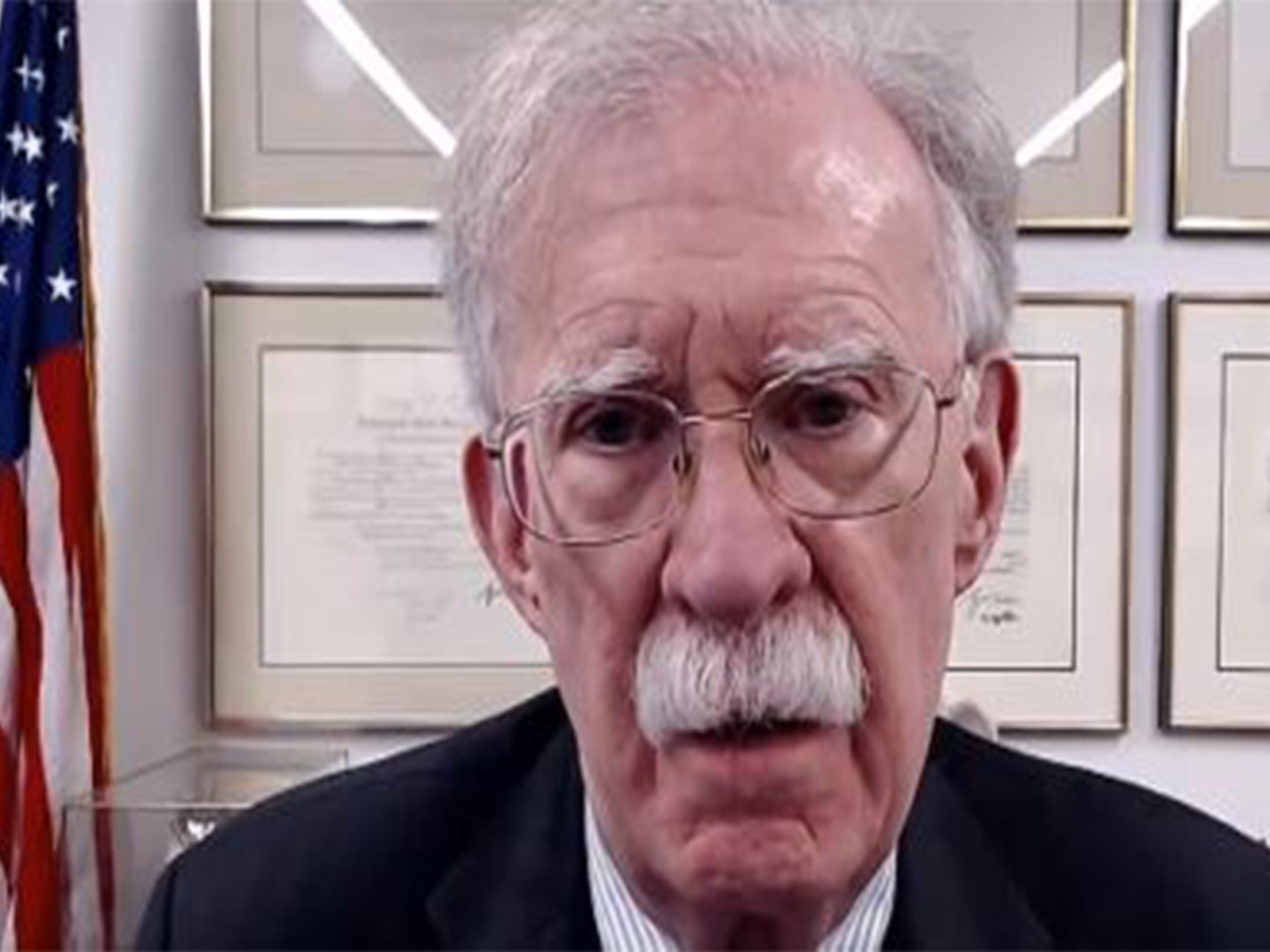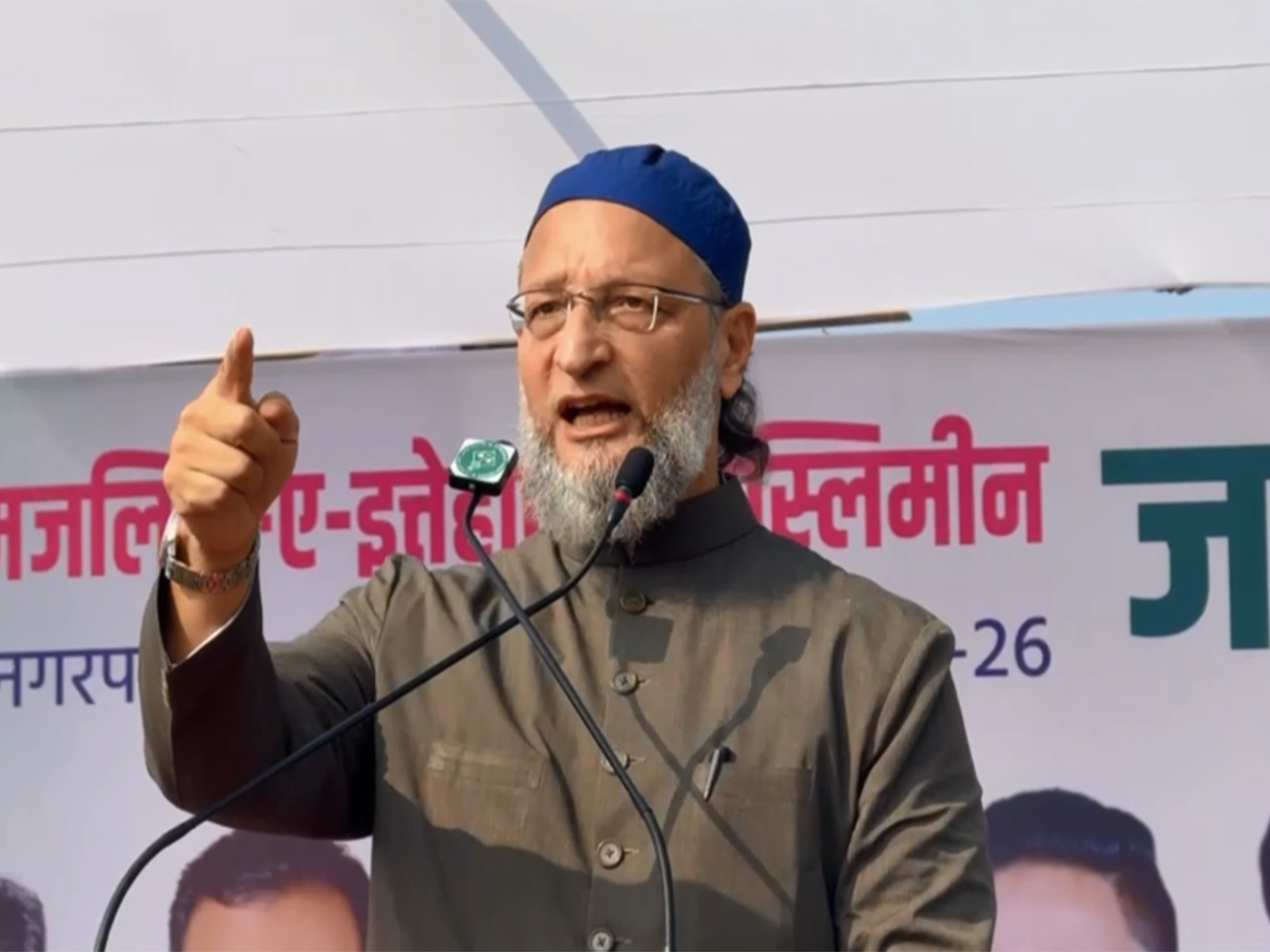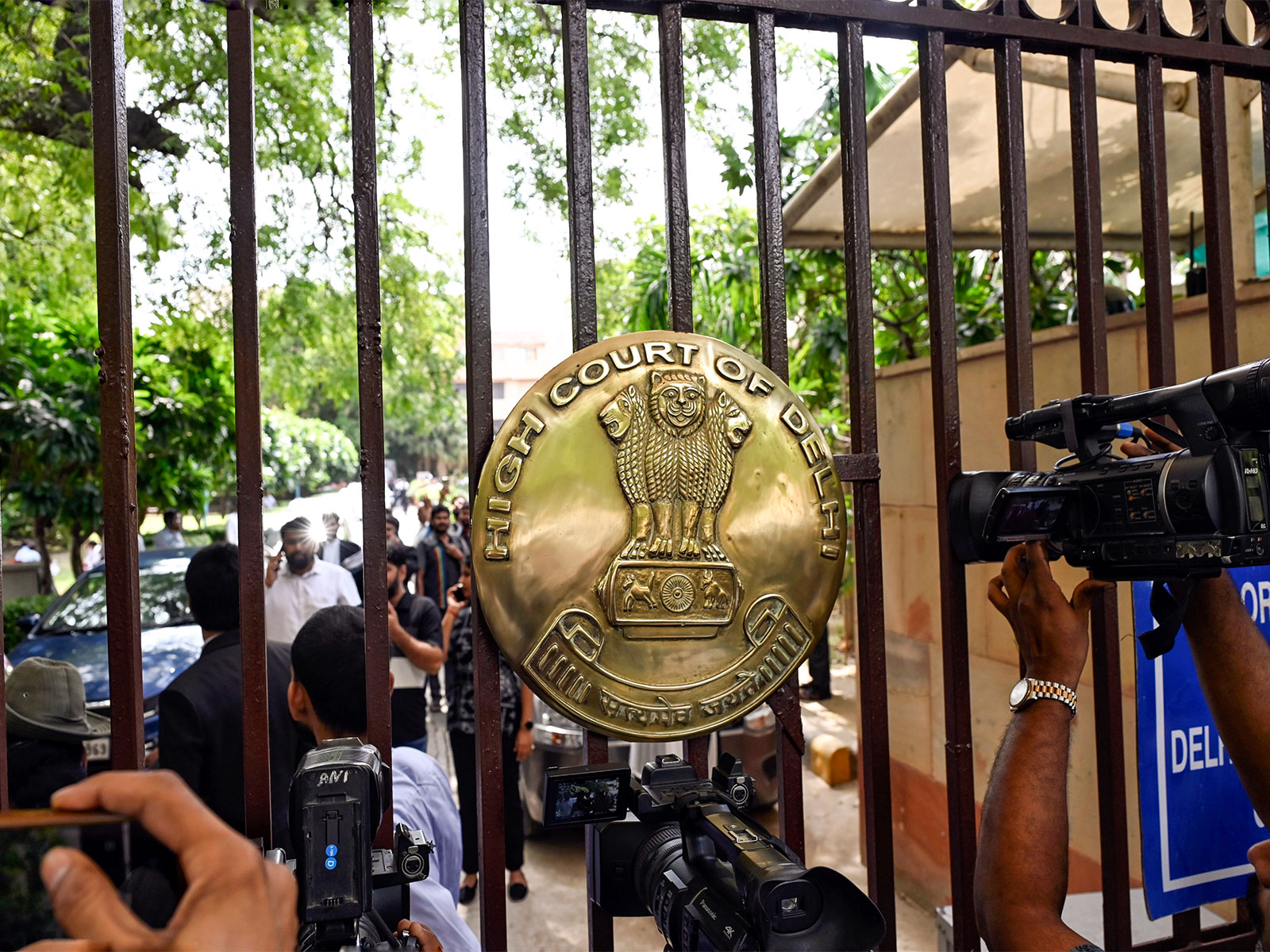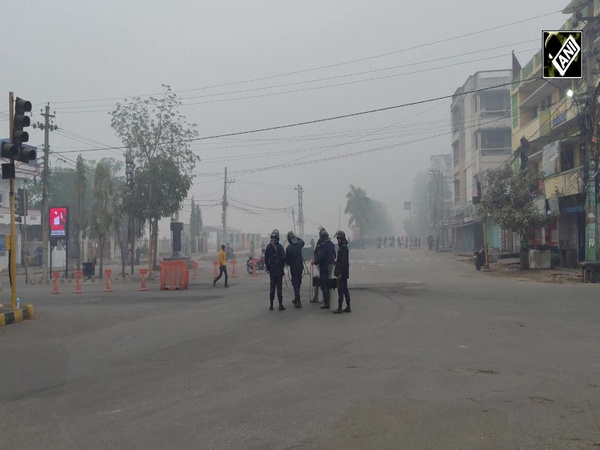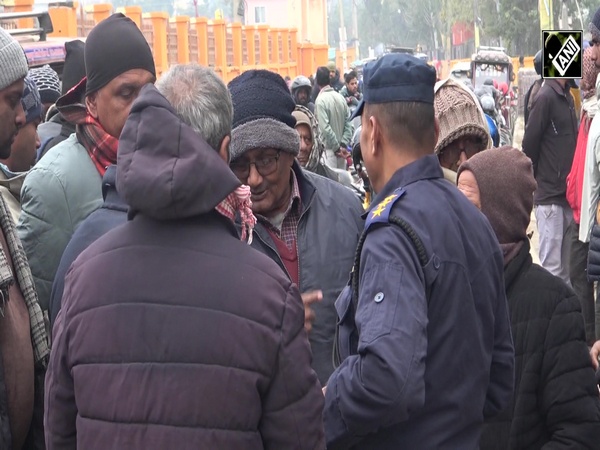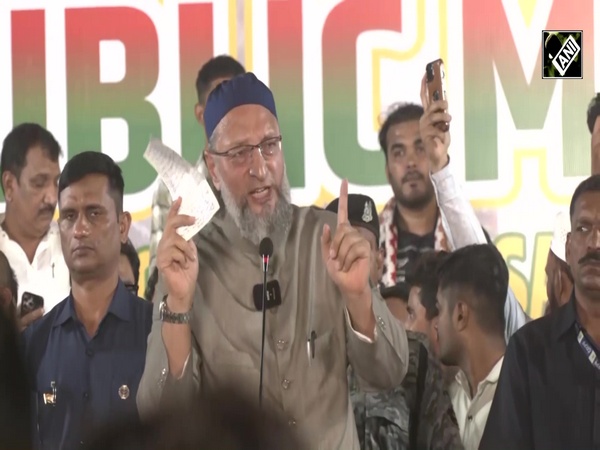Cease-fire allows both Netanyahu and Hamas to declare a victory of sorts
May 24, 2021

By John Solomou
Nicosia [Cyprus] May 24 : Both Israel and Hamas have claimed success after the cease-fire in the 11-day conflict between them that left behind 243 Palestinians and 12 Israelis dead, as well as scores of wounded on both sides.
But despite the cease-fire, the core issues of the conflict remain unresolved and another cycle of violence could start once again in East Jerusalem.
The question arises: So many people lost their lives just so that Israeli caretaker Prime Minister Benjamin Netanyahu, on the one hand, and the Islamist Hamas rulers of Gaza, on the other, may achieve their self-serving aims?
The conflict started after a series of provocative actions against Palestinians by the Israeli Police and far-right Israelis during the Ramadan period and reached a crisis point when security forces stormed the al-Aqsa mosque, the third holiest site in Islam.
Hamas seized the opportunity to present itself as the defender of al-Aqsa and started firing a big number of unguided rockets against residential areas in Israel.
The rockets did not cause a big number of victims but brought life in many Israeli towns to a standstill.
Israel, exercising its right to defend itself, responded by carrying out daily airstrikes on Gaza, targeting Hamas' personnel and infrastructure, but also killing non-combatants.
Israeli Defense Minister Benny Gantz described the operation in Gaza as an unprecedented military achievement.
"We have damaged Hamas's assets," he said and added that "now it's time to strengthen the moderate forces around us." However, Hamas, which is regarded as a terrorist organisation by Israel and the United States, also claimed victory.
Military officials say that the airstrikes destroyed at least 60 miles of tunnels under Gaza and 80 rocket launchers. But, according to a senior Israeli officer, Hamas and its allies still have about 8,000 rockets and hundreds of rockets launchers that they can use in future wars.
It should be mentioned that the violence, mainly between Arabs and Jews inside Israel made Naftali Bennet, leader of the Yamina Party, to withdraw from a potential Israeli government with the Yesh Atid party leader Yair Lapid and thus frustrate for the time being his efforts to form a government.
If Lapid does not manage in the next few days to have the necessary votes to form a coalition government, Benjamin Netanyahu will get what he wanted: to continue as caretaker Prime Minister until a fifth election takes place in a few months and perhaps avoid the trials for corruption he is currently facing.
Thus, Netanyahu benefited from the shooting war in Gaza. Netanyahu got his wish: his opponents will not form a coalition without him.
Hamas, which fired more than 4300 rockets into Israeli territory, came out of the recent conflict battered, but alive, and what is more with enhanced prestige among Palestinians, as it had the guts to confront them militarily powerful Israeli state.
Before the recent conflict, the support Hamas leaders were enjoying in Gaza was dwindling, but now they are being hailed as "heroes" by many Palestinians.
Mahmud Abbas, the leader of the West Bank, had promised to hold the first elections in more than ten years, but then changed his mind and cancelled the elections.
Abbas remained inactive during the current conflict and has lost a lot of support. He is generally regarded as weak, while Hamas' leaders are seen by Palestinians as brave.
Most Arab states are hostile to Hamas and therefore sympathetic to Israeli strikes against it, and although they opposed the potential eviction of a number of Palestinian families from East Jerusalem, they did not condemn the attack against Hamas.
Haaretz journalist Anshel Pheffer points out that Hamas has now positioned itself as "the de facto leader of the Palestinian struggle, bypassing the silent Abbas.
The price has been hundreds of Palestinian lives - civilians and Hamas' own fighters - and major damage to Gaza's fragile economy and infrastructure. But so far there is no sign of anger at Hamas from the Palestinian street. Instead, the group is being feted as the victorious hero."
Some Middle East analysts express the view that the right-wing government of Benjamin Netanyahu which has been in power for 12 years does not want a renewed occupation of Gaza and for this reason, it avoided any ground operations during the recent conflict.
Actually, it does not favour the disappearance of Hamas from the Gaza Strip, as it can use it to avoid being blamed for failing to negotiate with the Palestinians.
It can always claim that it cannot withdraw from the territories or negotiate a two-state solution, while Hamas rules out the recognition of Israel and vows to continue its armed struggle against the Jewish state, while the weak Palestinian Authority is not in a position to rule Gaza. Hamas is a very useful scapegoat, indeed.
US President Joe Biden has said a two-state solution is the only answer to resolving the conflict between Israel and the Palestinians.
However, some people who were in the past fervent supporters of the Oslo framework and the two-state solution are beginning to wonder if facts on the ground have turned it into a fantasy.
They may be right, as the population of Jewish settlers in the West Bank- where the Palestinian state is supposed to be established- has increased sevenfold since the 1990's and if this trend continues, there will be no territory left for the establishment of a Palestinian state.
Palestinian-American writer Yousef Munayyer says: "If the two-state solution is dead, then good riddance. The idea of two states for two peoples in the territory both occupy was always an illusion. It's time to embrace the idea of a single state with equal rights for Israelis and Palestinians--the only alternative with any chance of delivering lasting peace."


